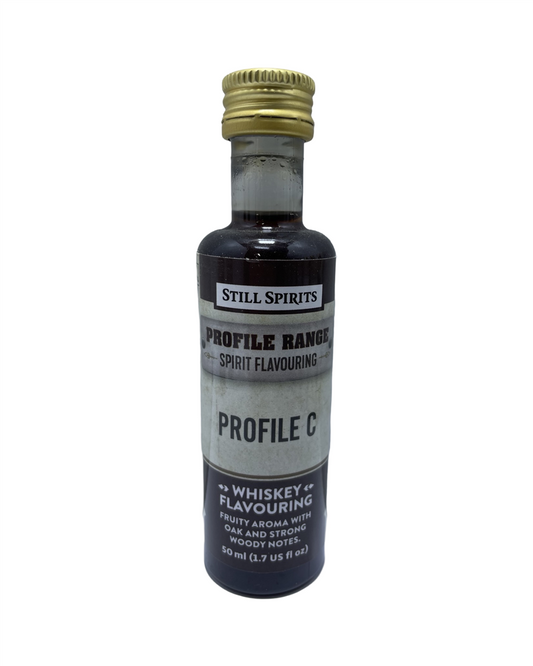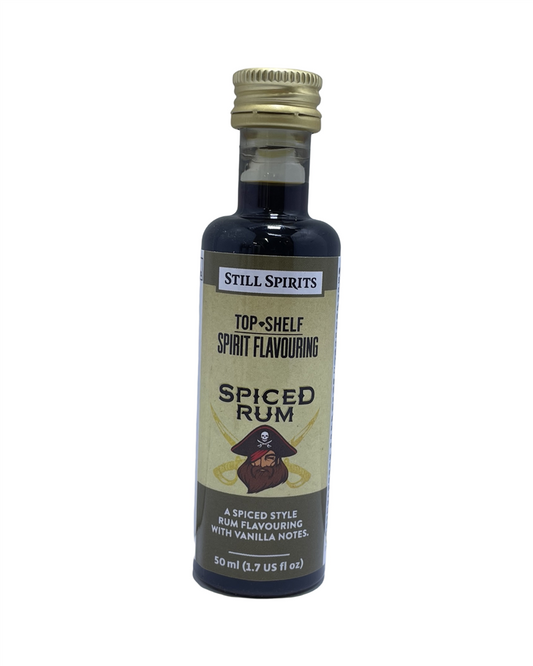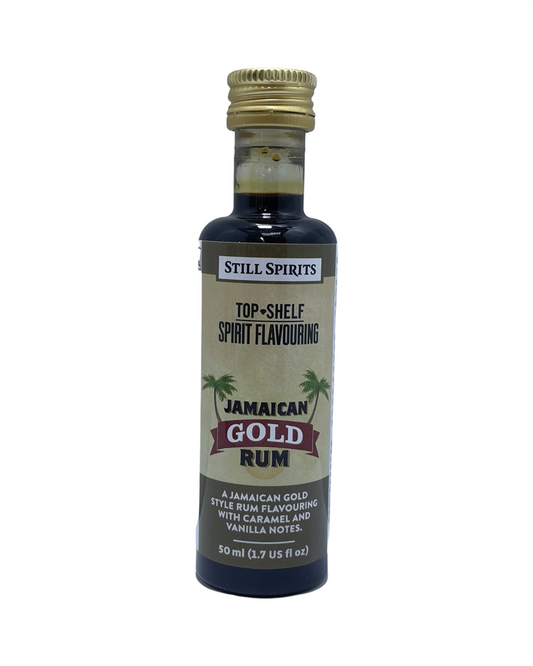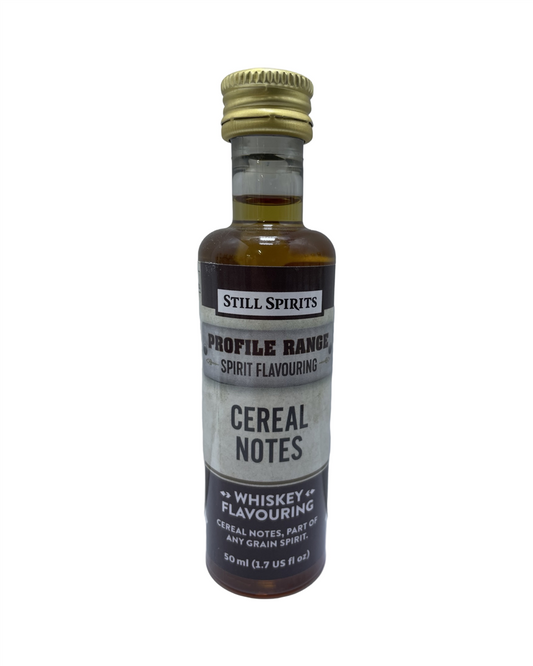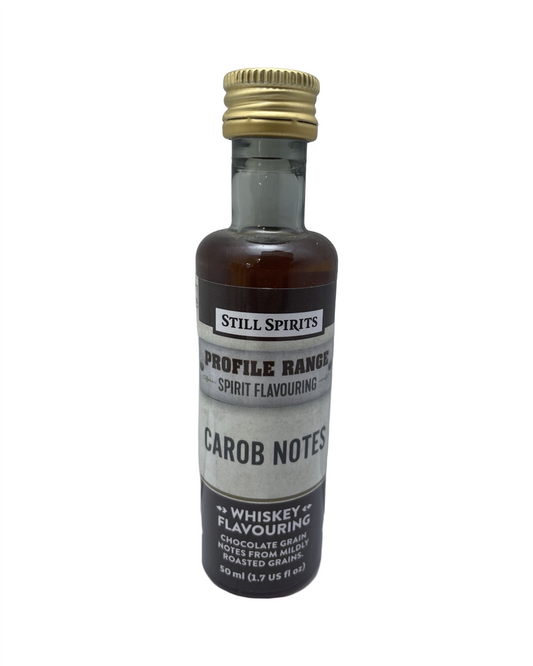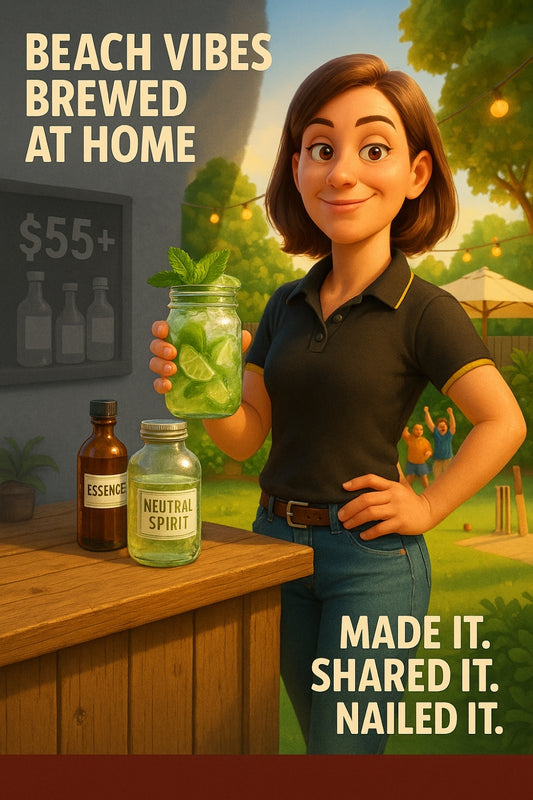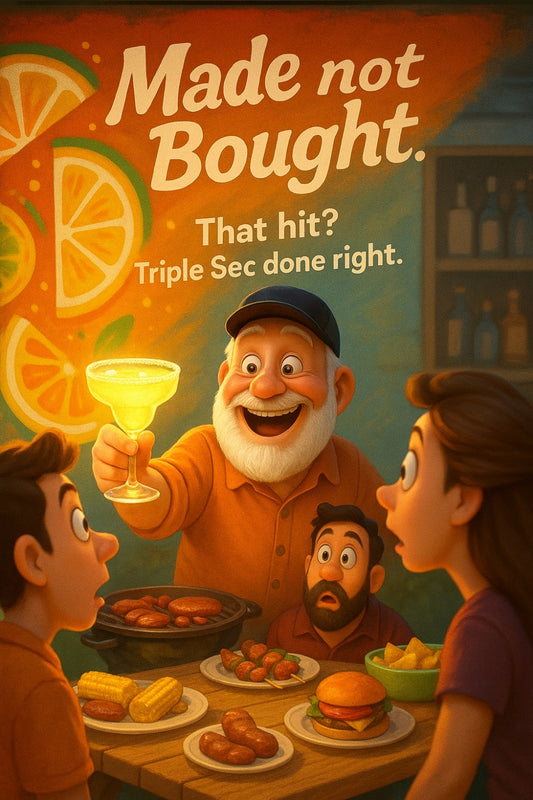Beer vs Wine: Which One is Healthier
Share
Beer vs Wine: Which One Actually Deserves a Cheers to Your Health?
We've all heard it before — red wine is packed with antioxidants and therefore “better” for you. But ask any homebrewer, whether they're elbow-deep in grain or watching bubbles rise in a fermenter, and they'll tell you... there's more beneath the frothy surface. So, which deserves the crown: beer or wine? Well mate, grab a cold one (or a glass of vino if that’s your pleasure), because we’re going to sort this one out — the fun way.
The Great Grapes vs Grain Showdown
Red wine gets plenty of love because of something called resveratrol — an antioxidant found in grape skins. It’s often hyped up for its supposed heart health perks. Sure, moderate wine drinking might help with cholesterol levels, but here’s the kicker — the kind of benefits people talk about are mostly found in studies where the keyword is moderate. That’s one glass per day, if that. Anymore, and you're slipping out of the “healthy” zone real quick.
Now, let’s not sell beer short. Beer contains some surprising nutrition too, especially when it's brewed with quality ingredients and skill — like anyway a good homebrewer would. It’s rich in B vitamins, especially folate and niacin, and contains dietary silicon, a mineral that supports strong bones. For those who actually care what's going into their pint, little wins like that can feel mighty good.
Craftmanship Counts: What’s Really In Your Glass?
Let’s be honest — what makes a drink “better for you” isn’t just antioxidants or hops or grape skins. It's knowing exactly what went into it. That's where homebrewing tips the balance. When you make your own, you control everything — the malt, the hops, the sugars, and even what you leave out. You’re taking ownership, not just of your drink, but of your craft.
Take  Coopers Canadian Blonde for example. This pale beauty boasts a crisp malt aroma with a splash of spicy hops and finishes with a refreshing bitterness. It’s light-bodied — perfect for a breezy afternoon or a backyard BBQ. What I especially love is how easy it is to brew and tweak to make it your own. You want less bitterness? Adjust your hops. Want a heavier mouthfeel? Add some extra malt. Boom — your own signature twist on a classic.
Coopers Canadian Blonde for example. This pale beauty boasts a crisp malt aroma with a splash of spicy hops and finishes with a refreshing bitterness. It’s light-bodied — perfect for a breezy afternoon or a backyard BBQ. What I especially love is how easy it is to brew and tweak to make it your own. You want less bitterness? Adjust your hops. Want a heavier mouthfeel? Add some extra malt. Boom — your own signature twist on a classic.
The Social Medicine We Don’t Talk Enough About
Here’s something wine rarely gets points for: sociability. Beer — especially homebrewed — is communal. You brew it in your shed, invite a mate over to watch the fermenter bubble away, crack open a bottle while your kids chase the dog around, and chat about everything from footy scores to the garden beds. That sense of connection is part of the experience. And when things like stress and loneliness affect health more than anyone likes to admit, those little connections count. A lot.
Wine is nice over candlelit dinners and book club meetings. But beer? It’s backyard fire pits, tool sheds wafting with malt, laughs with mates who’ll become your test audience whether they like it or not. That kind of culture is healthy in ways the medical books don’t measure.
Who Wore It Best?
Alright, so if we’re lining them up side by side, what’s the final knockout punch?
- Nutrient wise: Beer gives you a good variety — B vitamins, silicon, and if it’s unfiltered, a touch of fibre.
- Customisation: Homebrewed beer is king. Want it stronger? Sweeter? Darker? Done.
- Control: You choose your ingredients. Skip the weird preservatives and go clean.
- Lifestyle fit: Beer fits casual gatherings, lazy afternoons, and brewing sessions in the shed.
Now don’t let wine folks pout — there's room on the table for both. But if you’re someone who gets a kick out of a bit of DIY, someone who craves quality, depth, and personal pride in the finished product... beer’s got the edge.
The Takeaway Your Gut (and Friends) Will Thank You For
You don’t need a fancy vineyard to sip something that’s crafted with care. You don’t need to fly across Europe to enjoy a drink that brings people closer. What you do need is a quality brew, a little patience, and maybe a kit like the Coopers Canadian Blonde 1.7kg to kick things off with confidence.
Less additives, more flavour. Less guessing, more satisfaction. And yes — a few health perks along the way.
So, is beer healthier than wine? Let’s just say this — when it’s made with your own two hands, shared with friends, and enjoyed in moderation, that’s a win in every bottle.
Cheers to better brewing,
Candeece

Stay Connected
Join our homebrewing community: Beer and Barrel Society on Facebook
Follow our Facebook Page: Strathalbyn H Hardware on Facebook

